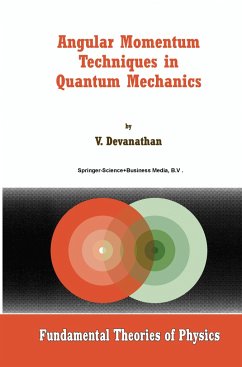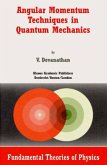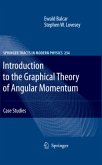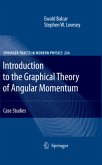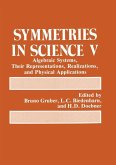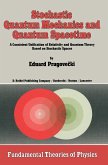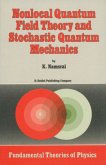A course in angular momentum techniques is essential for quantitative study of problems in atomic physics, molecular physics, nuclear physics and solid state physics. This book has grown out of such a course given to the students of the M. Sc. and M. Phil. degree courses at the University of Madras. An elementary knowledge of quantum mechanics is an essential pre-requisite to undertake this course but no knowledge of group theory is assumed on the part of the readers. Although the subject matter has group-theoretic origin, special efforts have been made to avoid the gro- theoretical language but place emphasis on the algebraic formalism dev- oped by Racah (1942a, 1942b, 1943, 1951). How far I am successful in this project is left to the discerning reader to judge. After the publication of the two classic books, one by Rose and the other by Edmonds on this subject in the year 1957, the application of angular momentum techniques to solve physical problems has become so common that it is found desirable to organize a separate course on this subject to the students of physics. It is to cater to the needs of such students and research workers that this book is written. A large number of questions and problems given at the end of each chapter will enable the reader to have a clearer understanding of the subject.
Bitte wählen Sie Ihr Anliegen aus.
Rechnungen
Retourenschein anfordern
Bestellstatus
Storno

